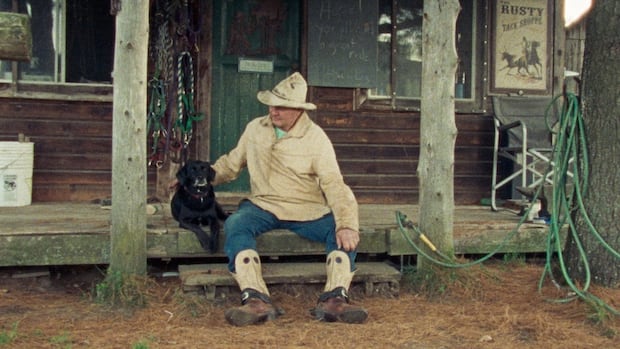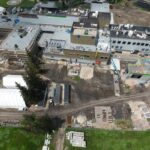In the vast expanse of Canada’s agricultural heartland, a silent crisis has been brewing beneath the surface of picturesque farm landscapes. A groundbreaking new documentary, “Deep Rooted,” has pulled back the curtain on the mental health struggles faced by Canadian farmers, revealing alarming statistics and personal stories that challenge our perception of rural life.
The 45-minute film, directed by Saskatchewan’s own Marcus Toews, delves into the complex psychological toll of modern farming—an industry where success and failure often hang precariously on factors entirely beyond human control. “When your livelihood depends on something as unpredictable as weather patterns or global market fluctuations, it creates a unique kind of stress that most Canadians never experience,” Toews explained during the film’s premiere in Regina last weekend.
What makes “Deep Rooted” particularly powerful is its unflinching portrayal of real farmers confronting real issues. The documentary features Kevin Hruska, a Saskatchewan producer who manages 40,000 acres near Gerald, openly discussing his battle with depression after a catastrophic crop failure in 2021. “There were days I couldn’t get out of bed,” Hruska admits in one particularly moving scene. “The weight of potentially losing a farm that’s been in my family for generations—it nearly broke me.”
The statistics woven throughout the narrative paint a troubling picture. According to Canada News data cited in the film, farmers experience rates of psychological distress and suicide ideation significantly higher than the general population, with one in four reporting clinical depression symptoms. Economic pressures, isolation, and the stigma around seeking help create a perfect storm of risk factors.
Dr. Emily Richardson, a rural psychologist featured in the documentary, points to the unique challenges of providing mental health support in agricultural communities. “We’re dealing with a population that values self-reliance and stoicism,” she notes. “There’s often a perception that seeking help represents weakness, which couldn’t be further from the truth.”
The film doesn’t merely highlight problems—it showcases emerging solutions. “Deep Rooted” explores innovative programs like Saskatchewan’s Farm Stress Line and the Do More Agriculture Foundation, which are working to normalize conversations about mental health in farming communities. These initiatives represent a growing recognition within CO24 Business circles that farmer wellbeing is intrinsically connected to Canada’s food security and economic stability.
Perhaps most importantly, the documentary challenges prevailing narratives about rural resilience. “We need to stop romanticizing the ‘tough farmer’ stereotype,” says Toews. “The reality is that these are human beings operating under extraordinary pressure, often without adequate support systems.”
The timing of “Deep Rooted” couldn’t be more critical. As climate change intensifies weather extremes and global conflicts disrupt agricultural markets, Canadian farmers face unprecedented challenges that extend far beyond their fields. The film makes a compelling case that addressing this mental health crisis isn’t just a moral imperative—it’s essential for the future of Canadian food production and rural communities.
As “Deep Rooted” begins screening across Canada this month, it raises a question that should concern every citizen who eats food grown on Canadian soil: How can we better support the mental wellbeing of those who feed us, before we reach a breaking point that threatens both individual farmers and our national food security?

























